Share this post!
The financial and physical health of your condo depends on your board’s management. One of the basic management best practices boards tend to overlook is using key performance indicators (KPIs and more specifically condo KPIs) to measure their success. Does your board measure and track the success of your condo corporation?
Here we list four condo KPIs every board should track to help avoid disaster.
1. Net Operating Income (NOI)
One of the most critical condo KPIs is your NOI. NOI compares revenue against operational costs to help measure your financial sustainability. You can keep an eye on expenses and measure this against your monthly common expense fees (CEF). Calculate your NOI by subtracting your operating costs from your total income. If you start to see these numbers tightening it is a clear indication of financial issues. You can take a proactive approach to reduce costs or consider raising your CEFs.
2. Average Arrears
Arrears can occur in condos when management fails to keep on top of CEF collections. This is another important condo KPI. Boards should ensure owners pay on time and take action when owners default on their CEFs. If you fail to actively keep on top of arrears, it impacts your cash flow. Understanding how to register liens, as well as including interest and legal costs incurred to collect unpaid fees, helps make up for lost funds on defaults. High average arrears interfere with financial growth, negatively impacts maintenance, and interfere with reserve fund health.
3. Average Time to Respond to Maintenance Requests
Your condo board capabilities are not just reflected in financial health. While finance always comes into play, you also have to worry about how quickly you respond to resident maintenance requests. While this isn’t a financial measure, it can greatly reduce the risk for possible damage to the building due to things such as leaks. It can also reduce the risk for lawsuits or accusations of unfair treatment by residents. You can address poor average response times by adopting property management best practices and using this critical condo KPI.
4. Average Maintenance Costs
Along with your NOIs, your maintenance and repair cost greatly impact your financial health. Understanding all elements of these costs allows you to look for opportunities for savings. The main things to track include:
- Labor
- Tools and materials
- Replacements
- Repairs
If costs are rising, improving your inspection process helps catch issues sooner. Addressing minor repairs keep maintenance more manageable while putting off expensive replacements. As well ongoing inspections also help make your reserve fund studies more accurate as you can identify changes that will impact your scheduled replacements. You can make adjustments to reserve fund contributions or increase common expense fees to avoid a special assessment. Last but not least, improved maintenance inspections also help reduce resident maintenance complaints.
Tracking the right condo KPIs helps your board understand your financial health, while also indicating maintenance issues. Both the financial and physical health of your condo becomes easier when you monitor, track and measure the KPIs that allow you to focus your efforts more effectively. You also take a more proactive approach at the first signs of trouble so disasters can be avoided.
If you need assistance in effective condo management, the experts at CPO Management Inc. can help. As a Toronto property management company specializing in condo management services, we can help track KPIs and find cost savings through improved efficiency. For more information about how we can assist with your property management, or for any other questions reach out to us today.
